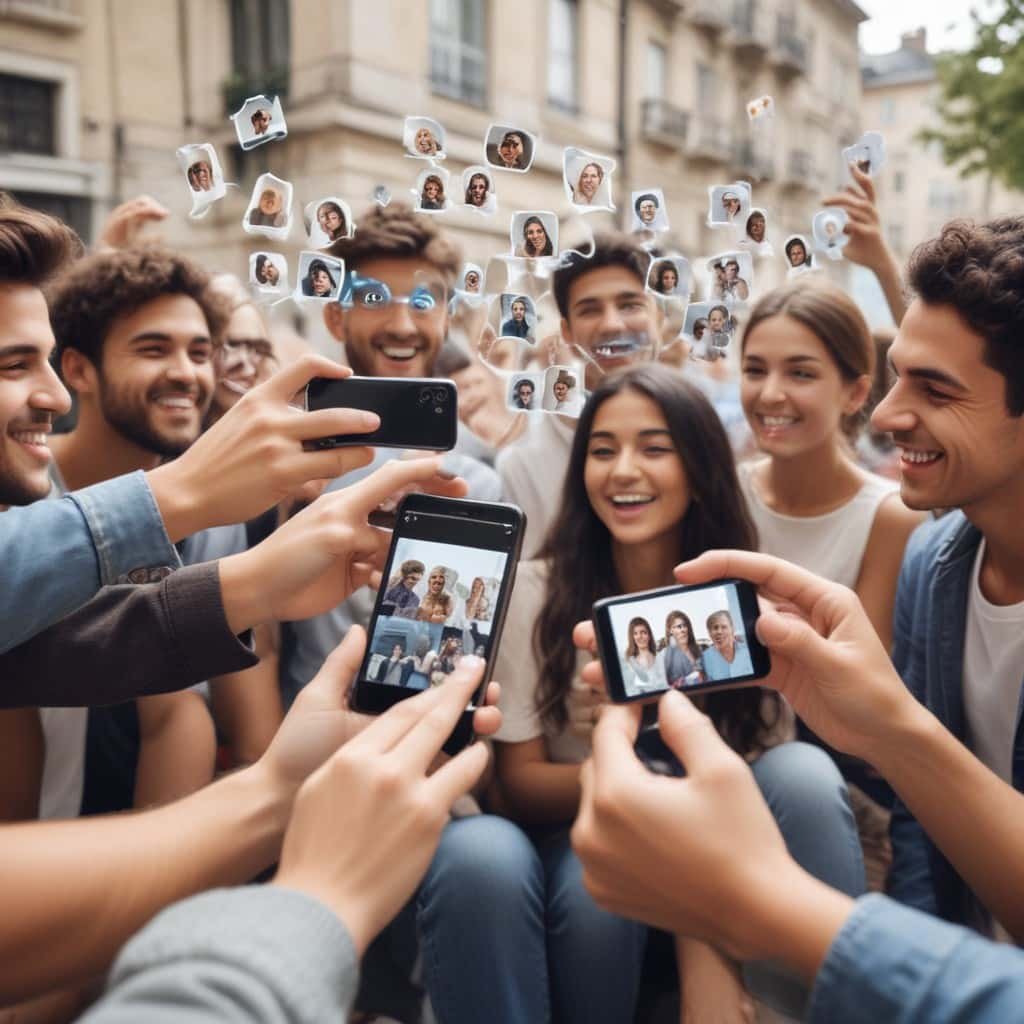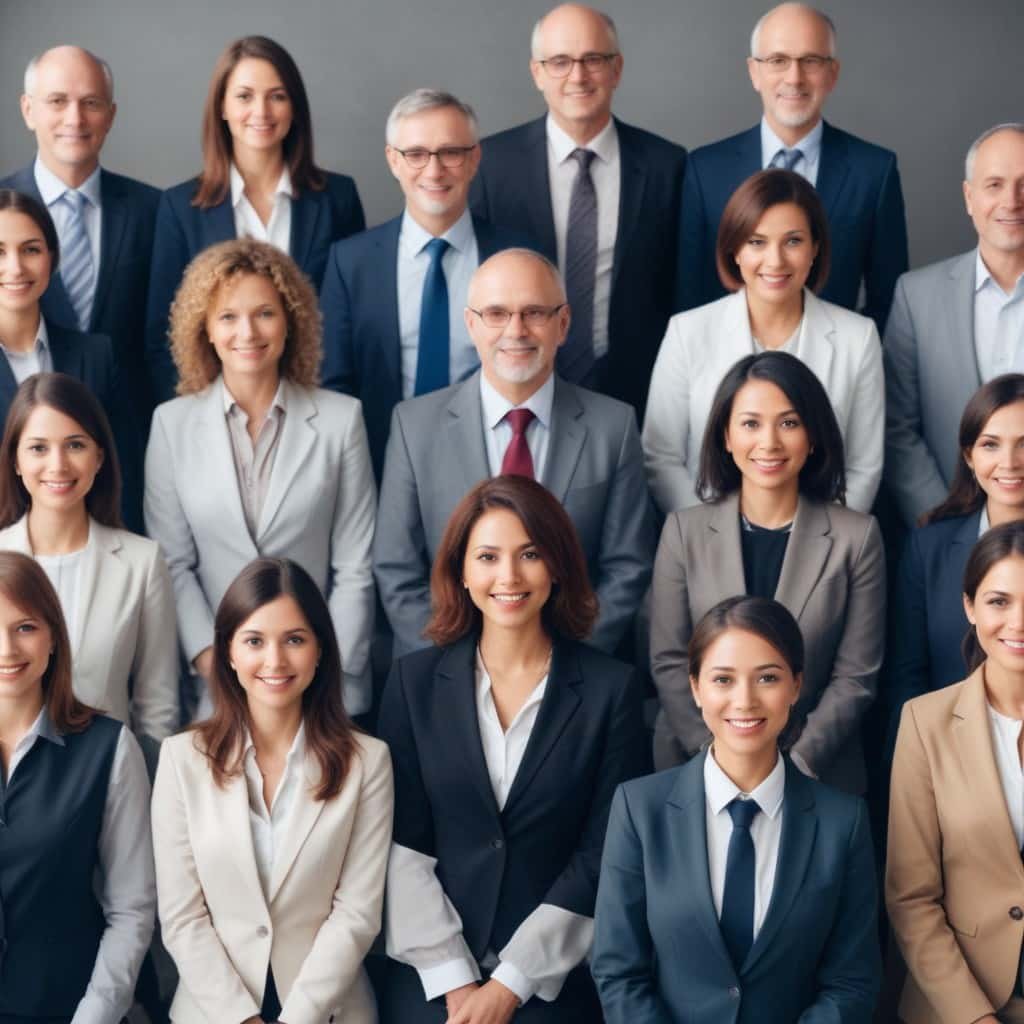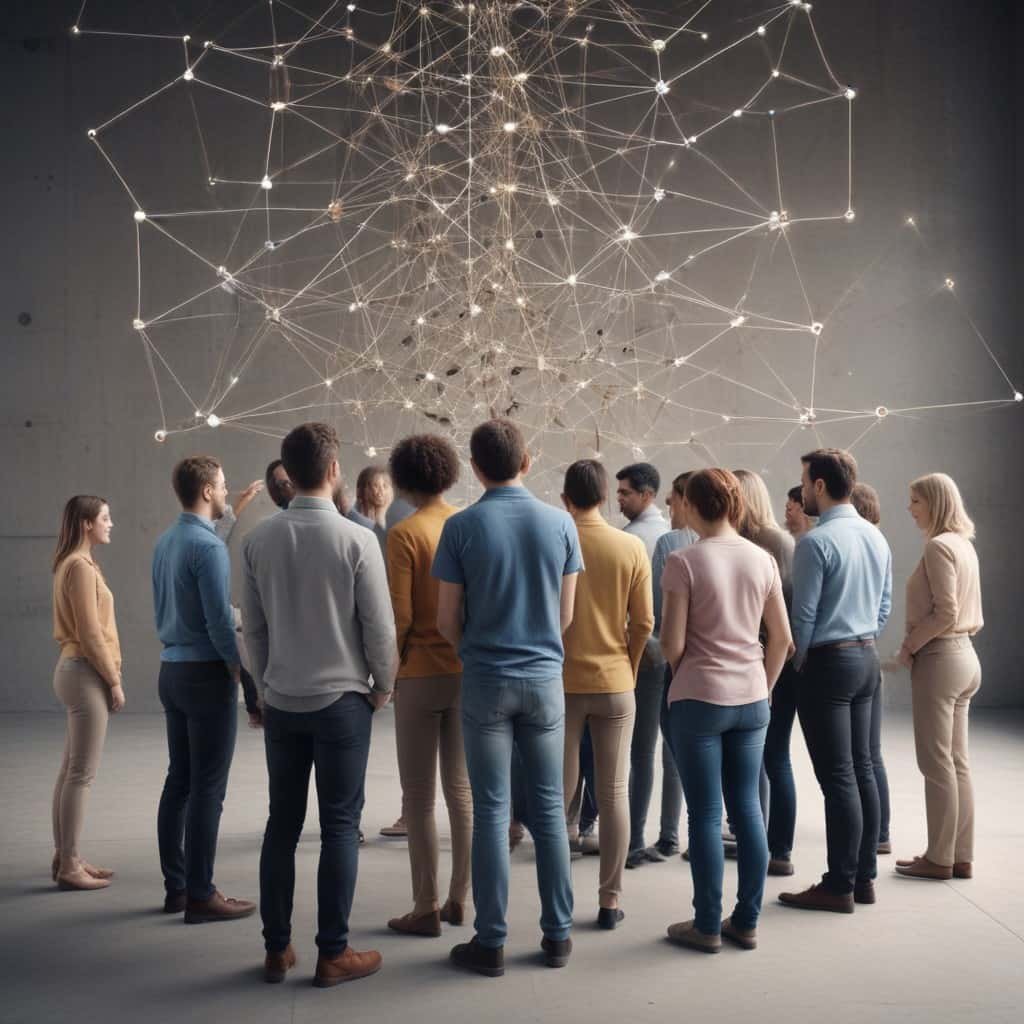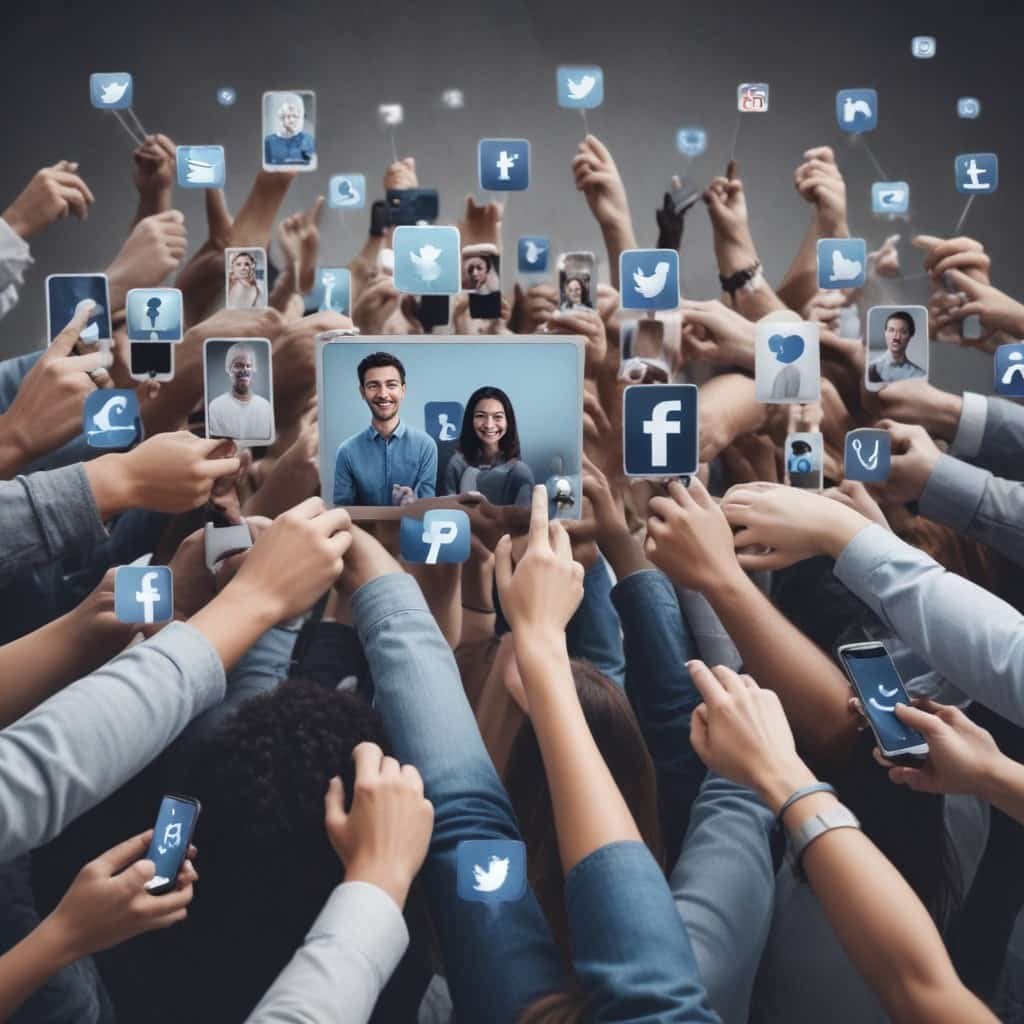In Social Communication, people use different kinds of interaction, like talking and body language, to share knowledge and feelings. It is very important for shaping how we see things, making choices, and connecting with other people. Understanding the subtleties of social conversation is important for both personal and professional growth.
Both spoken and unspoken language are part of social contact. Language is used for verbal communication, while body language, facial expressions, and gestures are used for nonverbal communication. Both types work well together to get ideas across and show feelings.
What Makes Social Communication Work
Clear language, empathy, and active listening are some of the most important parts of good social conversation. Being clear makes sure that words get across correctly, and having empathy helps people understand and connect. When you listen actively, you pay attention to both what someone says and how they act, which lets you connect and talk with them in a meaningful way.
Developing Social Communication Skills
Improving your social speaking skills is an ongoing process that needs practice and knowledge of yourself. By practicing skills like active listening, sensitivity, and nonverbal communication, people can improve their social skills and connect with others more easily.
| Aspect | Description |
|---|---|
| Active Listening | Involves fully concentrating on the speaker, understanding their message, and responding thoughtfully, demonstrating respect and empathy for deeper connections. |
| Empathy and Emotional Intelligence | Crucial for effective social communication, empathy, and emotional intelligence enables individuals to understand and respond to others’ emotions, building trust and rapport. |
| Non-Verbal Communication | Non-verbal cues like facial expressions, gestures, and posture provide valuable information during interactions. Aligning non-verbal cues with verbal messages enhances communication. |
Mastering Verbal Social Communication
Verbal communication is using words correctly to share thoughts and feelings and connect with others. Being a better communicator means learning speaking skills and building confidence.
Effective Speaking Techniques
Clear articulation, the right tone and pace, and interesting stories are all good ways to talk. People can improve their ability to get their point across and keep the attention of their audience by using these methods and asking for feedback.
Confidence and Assertiveness
Effective verbal communication requires confidence and boldness to express oneself and set boundaries. Self-confidence and assertiveness allow people to speak clearly and persuasively, gaining respect and influence.
Navigating Social Communication Dynamics
To navigate social relations, you need to know how groups work, how to make friends, and how to solve problems in a good way. People can handle social events with grace and tact if they work on their interpersonal skills and emotional intelligence.
Handling Conflicts
Conflicts are inevitable in any social interaction, but how they are managed can determine the outcome. By employing conflict resolution strategies such as active listening, empathy, and compromise, individuals can resolve conflicts constructively and preserve relationships.
Utilizing Technology in Social Communication
In today’s digital age, technology plays a significant role in social communication, offering new channels for connection and collaboration. However, navigating online communication requires awareness of social media etiquette and effective networking strategies.
Social Media Etiquette
Social media platforms provide opportunities for networking, sharing ideas, and engaging with others. However, it’s essential to adhere to social media etiquette guidelines, such as being respectful, authentic, and mindful of privacy settings.
| Aspect | Description |
|---|---|
| Online Networking Tips | Utilize digital platforms to build professional connections and opportunities by engaging in online communities, interacting with influencers, and showcasing expertise. |
| Overcoming Communication Barriers | Address cultural differences, language barriers, and misunderstandings by fostering cultural competence, empathy, and open-mindedness to promote meaningful connections. |
| Cultural Differences | Respect and embrace cultural diversity to bridge divides and create inclusive environments where diverse perspectives are valued and all voices are heard and respected. |
| Misunderstandings and Biases | Challenge biases, actively listen, and seek clarification to minimize misunderstandings and promote effective communication, fostering mutual understanding and respect. |
The Role of Social Communication in Professional Settings
For professional success, you need to be able to communicate clearly. This affects things like job advancement, teamwork, and relationships with clients. Improved communication and the ability to change to different situations can help people do well in their careers.
Networking and Getting a Better Job
Some of the most important people to connect with through networking are other pros in your field, as well as mentors and coworkers. A strong professional network can help you find new opportunities, gain new insights, and move up in your job.
Communicating with Colleagues and Clients
Clear, professional, and empathetic conversation with coworkers and clients is key to getting things done. People can build trust and confidence in professional relationships by talking clearly, listening carefully, and addressing concerns before they become problems.
Improving Personal Relationships Through Communication
Forging closer bonds with others and settling disagreements, good communication is essential. Openly talking about feelings and needs, as well as practicing empathy, can help people strengthen their bonds with loved ones and build satisfying relationships.
Communicating Feelings and Needs
People can talk about their feelings, needs, and wants without holding back. Communication is the key to good relationships. Honesty and respect are important in personal relationships because they help people get closer, trust each other, and stick together.
Making bonds stronger
People have better relationships with each other when they can talk to each other and understand each other. Being honest, listening, and understanding are the most important things that people can do to improve their relationships with loved ones and get through hard times together.
FAQs
- How can I improve my social communication skills?
- Learn how to listen actively, show understanding, and communicate without words. Ask for comments and chances to improve. Take part in social activities and watch people who can communicate clearly.
2. What role does technology play in social communication?
- Technology has opened up new ways for people to meet and work together. Being responsible with your online conversation and following social media etiquette rules are very important.
Conclusion
Lifelong self-awareness, empathy, and constant learning are needed to master social conversation. People can improve their relationships, move up in their jobs, and live full lives by improving their communication skills, learning how society works, and being able to adapt to different situations.



